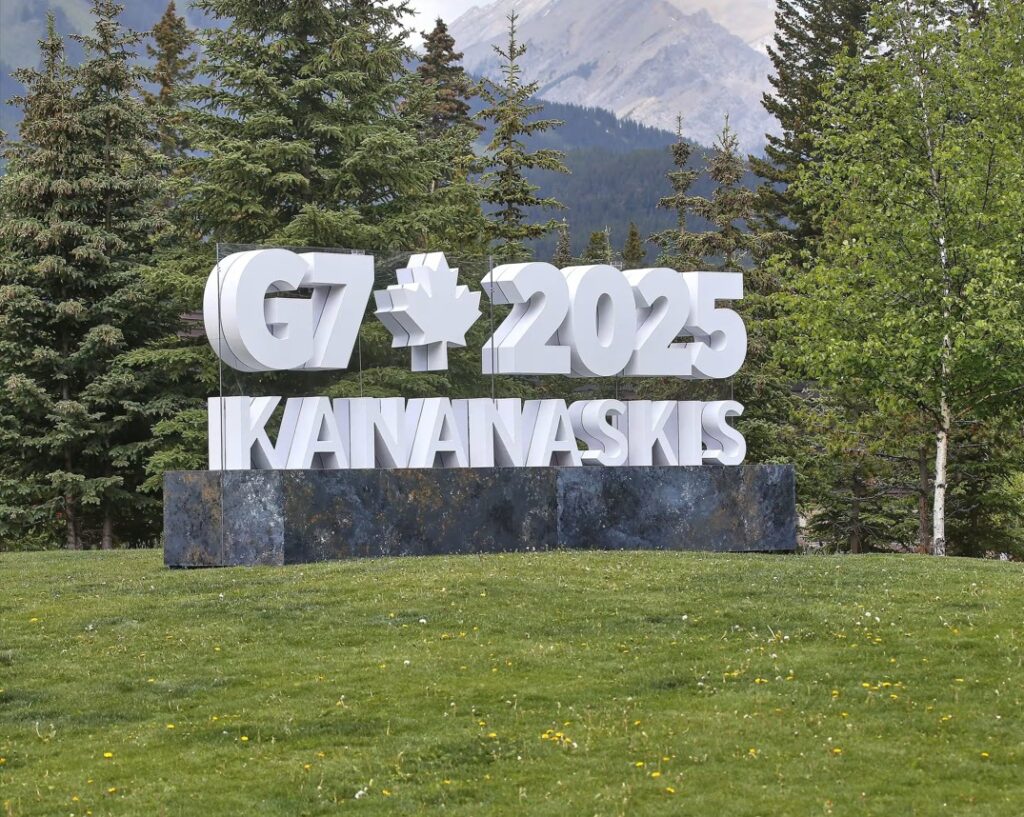G7 Summit 2025: A Strategic Forum for Cooperation and Crisis Management
The 2025 G7 Summit, gathering in Kananaskis, Canada, comes at a time of significant geopolitical and economic uncertainty. With Canada assuming the presidency, Prime Minister Mark Carney has articulated a pragmatic and results-oriented agenda centered on economic resilience, climate adaptation, digital integrity, and strengthening critical supply chains. The overarching theme of this year’s summit reflects an effort to restore functionality to multilateral dialogue and reaffirm the relevance of the G7 as a platform for coordinated leadership.
One of the most notable procedural changes under Canada’s presidency is the decision to move away from the traditional joint communiqué. Instead, outcomes will be documented through thematic chair summaries. This adjustment reflects both the difficulty of achieving consensus on sensitive issues and a strategic preference for preserving cooperative dialogue over public confrontation. The approach is aimed at facilitating agreement on areas of shared interest while reducing the potential for political discord, especially as member states navigate divergent domestic and foreign policy priorities.
Climate resilience is a prominent theme, particularly in light of Canada’s proposal for a Wildfire Charter. The initiative seeks to enhance global cooperation on emergency preparedness, disaster response, and climate-induced crises, which are increasing in frequency and intensity. This charter, along with commitments related to biodiversity, decarbonization, and sustainable development, aligns with broader G7 goals of promoting environmental and economic stability in tandem.
Trade and economic security also occupy a central place in the summit’s discussions. Renewed attention to tariff policies, especially in relation to U.S. trade strategy, has raised concerns among G7 members. While no major trade agreement is expected, bilateral meetings may lay the groundwork for future negotiations. Canadian officials have signaled that they will raise issues related to steel and aluminum tariffs, seeking clarity and predictability in cross-border trade. The broader dialogue on economic resilience includes strengthening supply chains for critical minerals, enhancing digital infrastructure security, and addressing global inflationary pressures.
Geopolitical developments add complexity to this year’s summit. The ongoing conflict in Ukraine and rising tensions in the Middle East, particularly between Israel and Iran, feature prominently on the agenda. Leaders are expected to explore coordinated approaches to de-escalation, humanitarian assistance, and support for international norms. While varied national perspectives persist, there remains a shared commitment to stability, conflict resolution, and the upholding of international law.
This year’s summit also features a broader range of participants, reflecting a more inclusive and globally engaged G7. Leaders from countries including India, Brazil, South Africa, South Korea, Mexico, and Ukraine have been invited to contribute perspectives on development, climate policy, and global governance. This expanded engagement signals a recognition of the shifting geopolitical landscape and the need for closer collaboration between advanced economies and key global partners.
Source: https://g7.canada.ca/en/
- By Strategers

